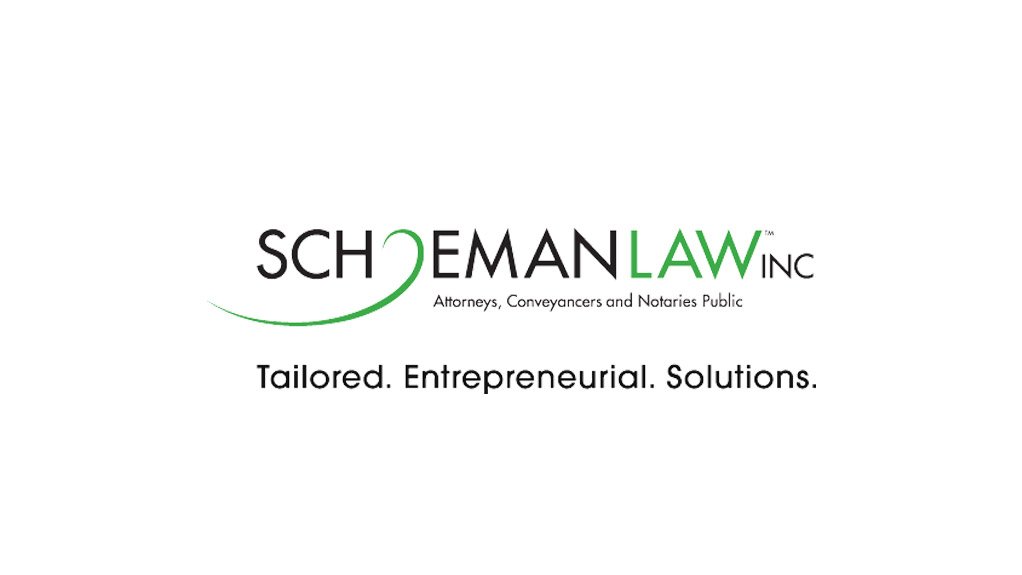The misuse of a domain name by someone other the rights holder could be viewed as “passing off”. Passing off is a delictual claim. Passing off occurs when A represents that its business, goods or services are those of B or are associated therewith. Members of the public will when looking at the type of business, goods or services be confused into believing that the business, goods or services are those of B or that A and B are associates with each other, when in fact they are completely separate.
To succeed with a damages claim based on passing off the Plaintiff will need to show the following: “In order to succeed in a passing off action, based upon implied representation, it is generally incumbent upon a Plaintiff to establish, inter alia: firstly, that the name, get-up or mark used by him has become distinctive of his goods or services, in the sense that the public associates the name, get-up or mark with goods or services marketed by him and secondly, that the name, get-up or mark used by the Defendant is such or is so used as to cause the public to be confused or deceived in the matter described above. ”
In Fairhaven Country Estate (Pty) Ltd v S Harris, the respondent, Mr Harris, registered the domain name being www.fairhavenestate.co.za before the Fairhaven estate came into operation. Fairhaven country estate, being a property development estate, only came into existence later and did not belong to the Respondent. The fact of the matter is complex, but in short Mr Harris was using the domain name to redirect traffic to another domain. Fairhaven then launched an application for an interdict to stop the respondent from using the domain name in this manner.
The court held that it was irrelevant that the domain name was registered and acquired before the applicant came into existence. The reason being that there was no value to the domain name at the time and only when the estate came into operation did value attach to the applicant. The domain name formed part and parcel of the applicants get up and promotional material.
In this case the applicant established a link between the domain name and its name, even if it was not the registered owner of the domain name. The court held that “the mere registration of the domain name that was linked to the property which belonged to someone else cannot result in having exclusive right to use of that domain name.”
Conclusion
The use and misuse of domain names are a frequent occurrence in South Africa. One should be careful to use a domain name which has become valuable or made valuable due to use therefor by another entity.
Written by Anye Jansen Van Rensburg, Associate Attorney, Schoeman Law
EMAIL THIS ARTICLE SAVE THIS ARTICLE
To subscribe email subscriptions@creamermedia.co.za or click here
To advertise email advertising@creamermedia.co.za or click here











